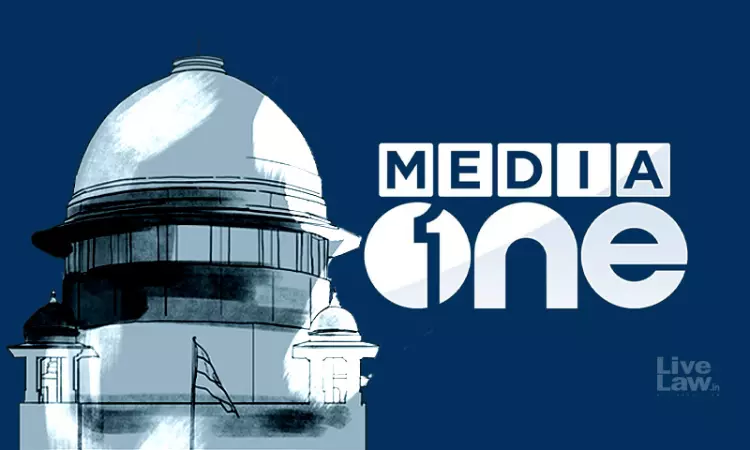Supreme Court Lifts Telecast Ban On MediaOne, Says State Using Plea Of 'National Security' To Deny Citizens' Rights
Manu Sebastian
5 April 2023 10:51 AM IST

Next Story
5 April 2023 10:51 AM IST
In a significant judgment, the Supreme Court on Wednesday ruled against the telecast ban imposed by the Union Government on Malayalam news channel MediaOne.The Court passed the judgment in a special leave petition filed by Madhyamam Broadcasting Ltd (MBL) - the company running the channel- assailing the Kerala High Court's judgment of upholding the decision of the Ministry of Information...
